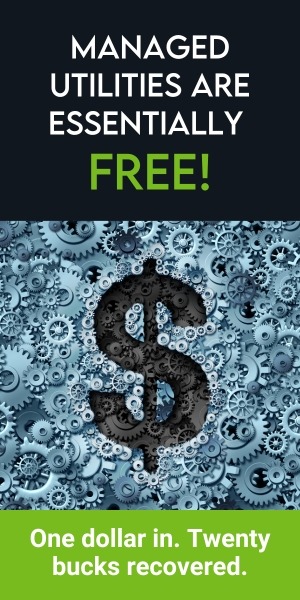Like any good opportunity, lightning rarely strikes twice. Have you considered taking advantage of municipal electricity aggregation before it’s too late? This sparking, innovative approach to power procurement is gaining traction in Massachusetts, and for good reason. It offers the promise of price stability, a shift toward renewable energy, and better consumer protection. If successful, its current could easily spread across the nation.
What is Municipal Electricity Aggregation?
Municipal electricity aggregation is essentially a group purchasing strategy where a city or town selects an electricity supplier on behalf of its residents and businesses. Here’s how it works:
- Group Purchasing Power: The municipality collaborates with a state-licensed, aggregation-focused electricity broker. Together, they conduct a competitive bidding process to secure electricity at rates lower than the local utility’s Basic Service rate.
- Price Stability: The bidding process aims to lock in a predictable price over a fixed period, ensuring that customers enjoy stable electricity costs.
- Renewable Energy Options: Municipalities can include more renewable energy sources in the mix, offering customers environmentally responsible choices while reducing the community’s carbon footprint.
In Massachusetts, the Department of Public Utilities (DPU) oversees this entire process, ensuring it’s highly regulated and fair. While the program locks in a single electricity supplier for a fixed term, customers retain flexibility. They can opt out of the program or choose the percentage of renewable energy they want to purchase. Importantly, all electricity delivery, billing, and customer service remain with the local utility company.
How Popular is Electricity Aggregation?
Since its inception in 2000, electricity aggregation has been approved in 188 communities across Massachusetts, enrolling 1.2 million customers. Many communities have renewed their programs after the initial contract term. For example, Cambridge recently signed a new two-year contract, seven years after launching its program, with more municipalities lining up to join.
Does Electricity Aggregation Save Money? Here’s the Bottom Line
The answer is generally “yes,” but with some qualifications. Aggregated electricity rates usually start lower than the utility’s Basic Service rates. For instance, in Beverly, MA, the rates are as follows:
- 100% Renewable: 14.999 cents/kWh
- 72% Renewable: 13.919 cents/kWh
- 62% Renewable: 13.519 cents/kWh
- National Grid Basic Service: 18.213 cents/kWh (62% renewable)
However, since Basic Service rates can fluctuate, long-term savings are not guaranteed. Still, a 2023 report from the University of Massachusetts Amherst found that nearly 80% of municipal aggregation programs resulted in lower electricity costs compared to Basic Service.
Does Electricity Aggregation Accelerate the Transition to Renewable Energy?
Absolutely. A survey revealed that 74% of Americans find it important to achieve 80% renewable energy generation by 2030, and 47% are willing to pay more for 100% renewable energy. By offering consumers the option to purchase up to 100% renewable energy—often at lower costs than Basic Service—electricity aggregation could play a key role in accelerating the shift towards renewable energy sources.
Power Up Your Scam Protection: Protect Residents from Unfair Energy Contracts
Massachusetts deregulated its electricity market in 1997 to encourage competition, but the outcome hasn’t always favored consumers. A report from the state Attorney General highlighted that customers using competitive suppliers paid over $500 million more than if they had stayed with their utility company. The market has seen its share of predatory and deceptive practices, but municipal electricity aggregation offers a safeguard. With municipalities and their energy brokers negotiating on behalf of residents, consumers are better protected from unfair contracts and pricing.
Ready to Take Control of Your Energy Costs?
If your properties are in a deregulated market, it’s worth exploring whether municipal electricity aggregation is an option for your community. Check with your state Department of Public Utilities for more information. If it’s not available, don’t worry—Conservice energy procurement solutions help you buy energy smarter, without relying on traditional brokers, and significantly lower your rates. We’ve saved clients over $7 million while increasing renewable energy options to enhance ESG strategies.
Learn more about how Conservice can help you take control of your energy future.







